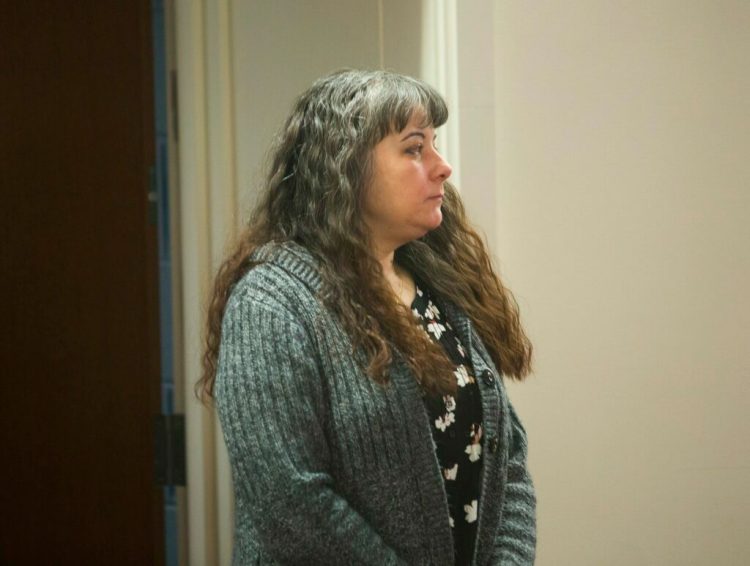Nothing demands the public’s attention like the death of a child, especially when it’s caused by abuse. And when the abuse occurs to a child under state supervision, a high-profile criminal trial becomes a window into the normally secretive child protective system and the ways in which it can fall short of its mission.
Such a case is now being considered by Superior Court Justice William Stokes, who presided over the jury-waived trial of Shawna Gatto. She has been charged with depraved indifference murder of 4-year-old Kendall Chick, who died in 2017 as a result of blunt force injuries to the abdomen that the state chief medical examiner said were caused by abuse. If convicted, Gatto would face 25 years to life in prison.
But even if the judge finds that facts in her case were not proved beyond a reasonable doubt, this case has already revealed flaws in the system that need to be addressed.
Kendall was born drug-affected to parents with substance use disorder, and had been taken away from her mother and placed in the home of Stephen Hood, her grandfather, and Gatto, his fiancée.
According to testimony at Gatto’s trial, the Department of Human Services checked on the girl’s well-being only once in the three years she was in the couple’s home, a period during which she suffered multiple injuries like the ones that led to her death. Other testimony revealed that both Hood and Gatto were themselves being treated for substance use disorder.
The accounts of Kendall’s abuse presented at the trial are horrific, but there might be something even more terrifying: The only reason we know about any of it is because she died. If she had somehow survived her injuries, the public would have no way of knowing how the state had failed to protect her throughout her life.
Regardless of the outcome in this case, it’s important for policymakers to understand what went wrong, how widespread the problem is and what needs to be done to prevent it from happening again.
State Sen. Bill Diamond, D-Windham, has proposed an ad hoc panel of lawmakers and experts that can penetrate the veil of confidentiality to see where the system failed. This would be a better approach than rushing to pass a knee-jerk, feel-good law that does not address the real issues that have been implicated by this case.
The judge in Gatto’s case is rightfully focused on one child and one defendant. But if any good will come from this case, it will be because policymakers, both in the legislative and executive branches of government, used the window it provides to understand the many dangers facing children in the system.
Send questions/comments to the editors.



Success. Please wait for the page to reload. If the page does not reload within 5 seconds, please refresh the page.
Enter your email and password to access comments.
Hi, to comment on stories you must . This profile is in addition to your subscription and website login.
Already have a commenting profile? .
Invalid username/password.
Please check your email to confirm and complete your registration.
Only subscribers are eligible to post comments. Please subscribe or login first for digital access. Here’s why.
Use the form below to reset your password. When you've submitted your account email, we will send an email with a reset code.